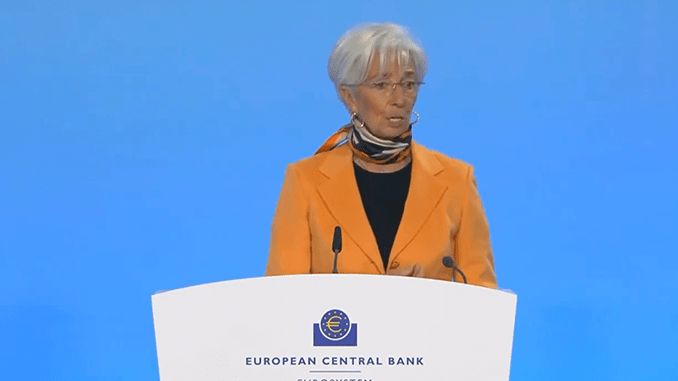
Digital Euro: Awareness Rises, Interest Remains Absent – ECB Findings
The European public’s awareness of the digital euro has risen sharply in recent years. However, this is not accompanied by an increasing interest in using the digital euro. This is one of the key takeaways from a new study by the European Central Bank (ECB) released along with the announcement of further steps to introduce a digital euro, which is scheduled for 2025.
Digital Euro: Unveiling Schedules and Survey Results
The ECB is driving the development of a digital euro at a significant pace. According to the latest plans, a test phase is set to begin in 2024, and from 2025 onward, the digital euro should be available to everyone. In its quest to win over the public, the ECB regularly conducts surveys on the topic and now has published another one. Respondents’ awareness of the digital euro rose to 64 percent in 2023. Just two years ago, this figure was only 54 percent.
Interest in Digital Euro Remains Low
Despite this growing awareness, the majority of people are not necessarily interested in using the digital euro. Only 17 percent of respondents in 2023 expressed a desire to use the digital euro when it becomes available. This value has almost remained unchanged compared to 2021 and does not seem to be increasing significantly thus far.
Communication and Education Needed
In order to appeal to citizens, the ECB relies on better communication and continued education about the advantages of the digital euro. The ECB wants to make people aware of the benefits of using it, such as being free of charge for payments up to 3,000 euros. Additionally, financial institutions and merchants are to be charged lower fees for transactions.
Concerns and Privacy
Respondents to the survey expressed concerns about the digital euro subjecting them to increased control by the state. In this reference, ECB board member Fabio Panetta stated that there will be a high level of privacy and no tracking of individual transactions by authorities. However, it becomes apparent that there is still a great deal of skepticism among the population towards the digital euro.
Final Thoughts
Overall, a slow but steady increase in awareness of the digital euro is evident. Nevertheless, the ECB faces the challenge of dispelling doubts and increasing interest in the digital euro as part of its plans. The promise of a high level of privacy could help address the concerns of those who fear state surveillance.
Leave a Reply